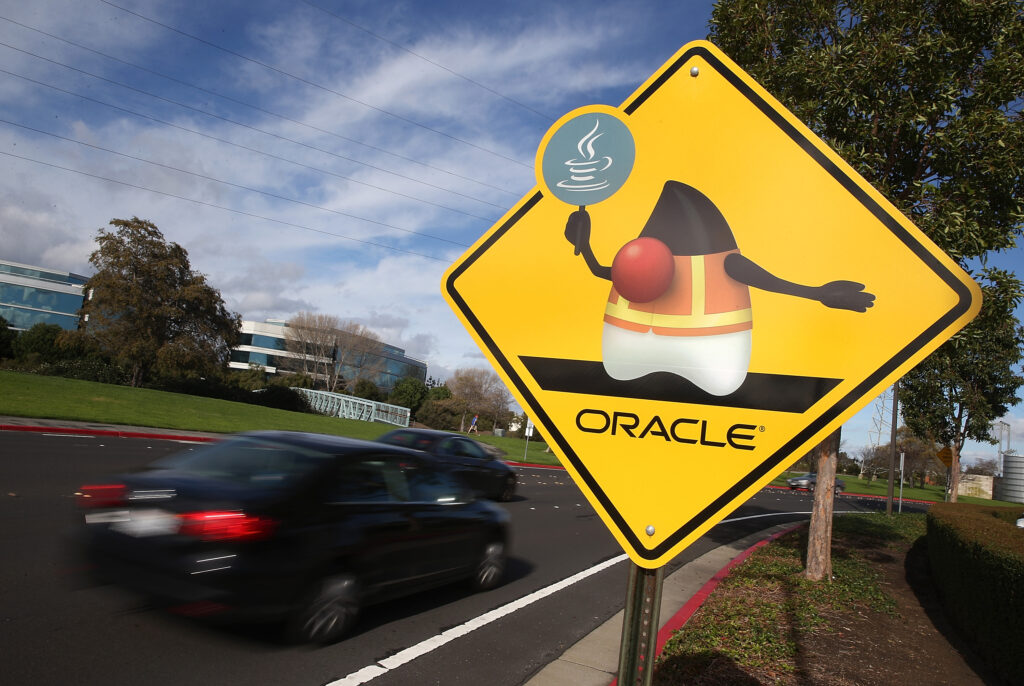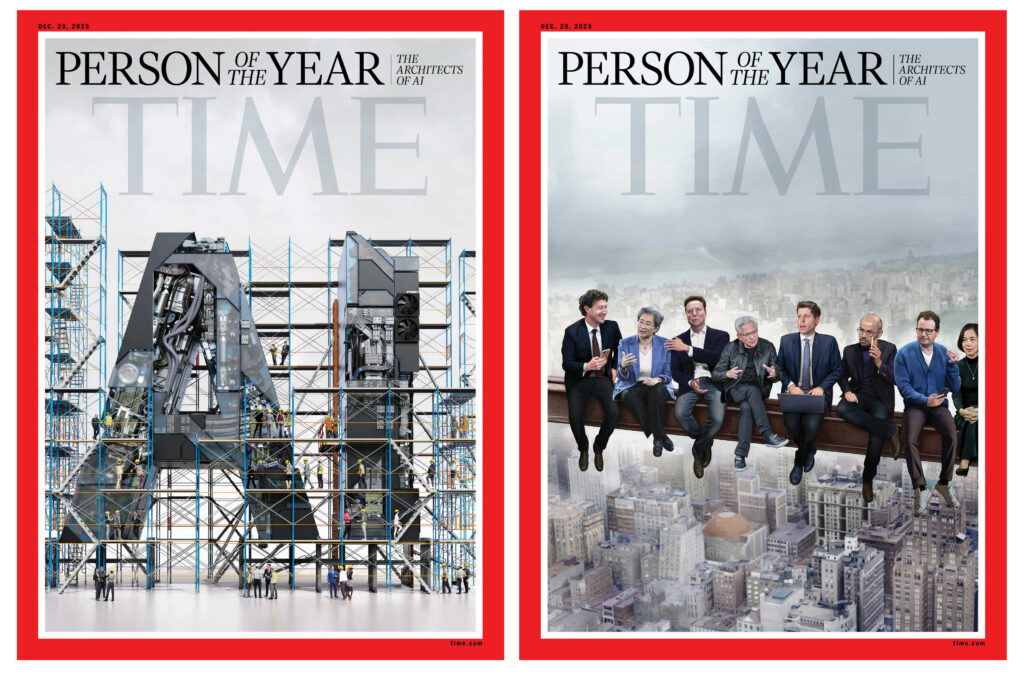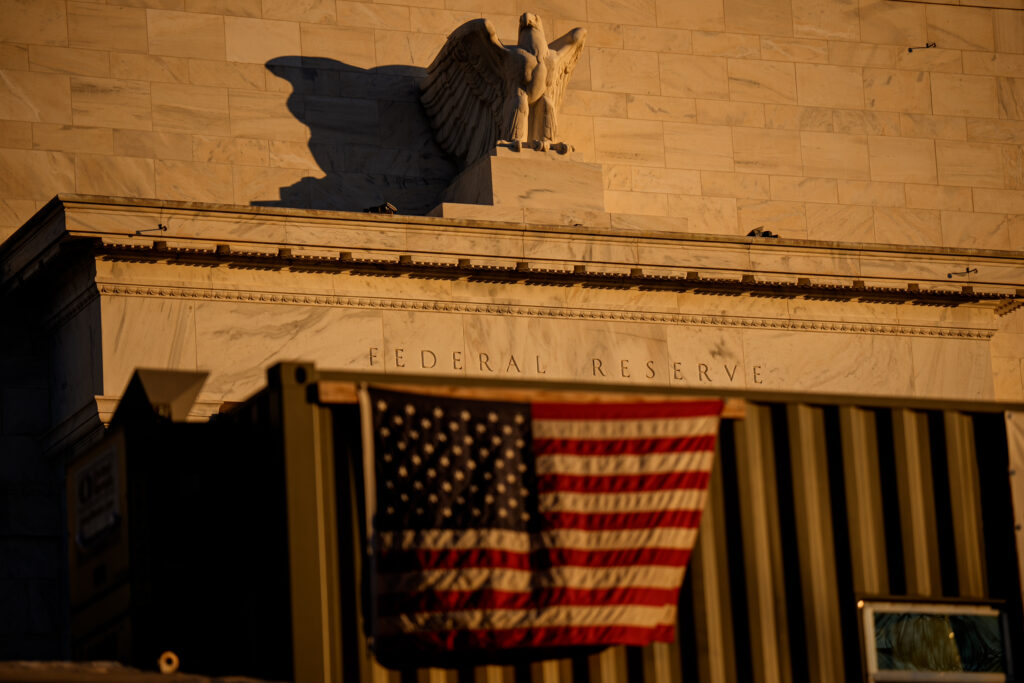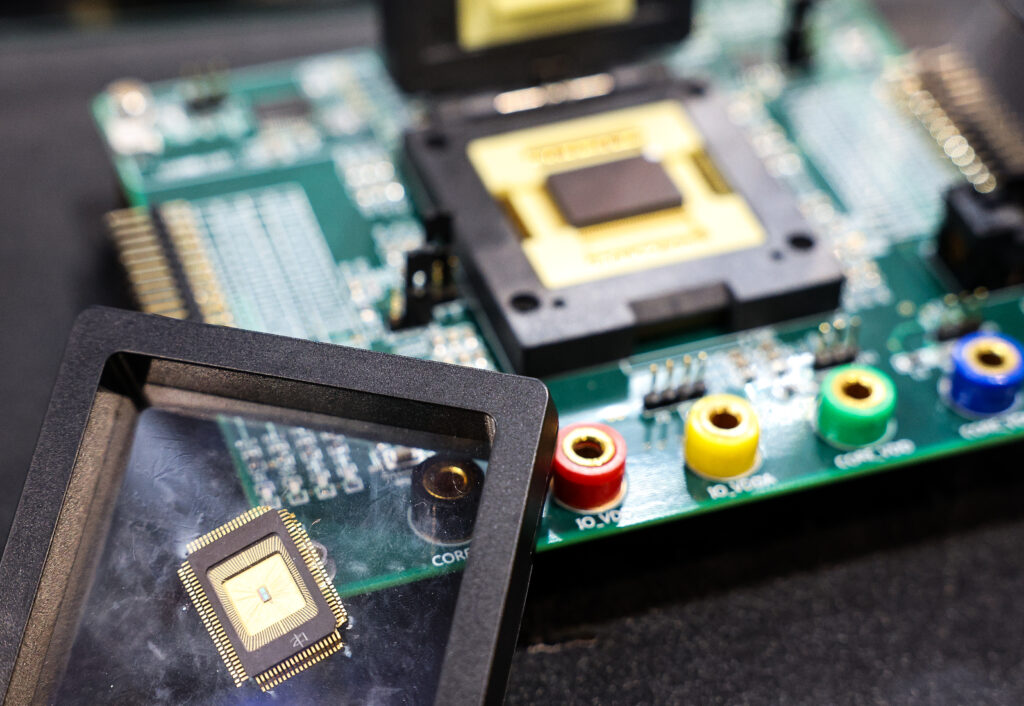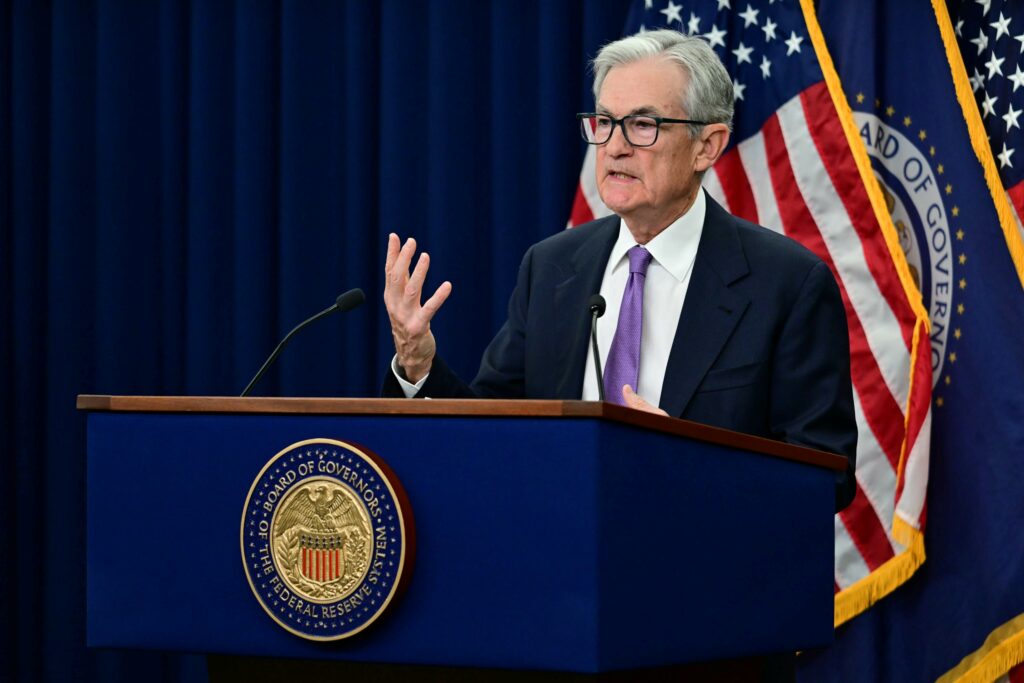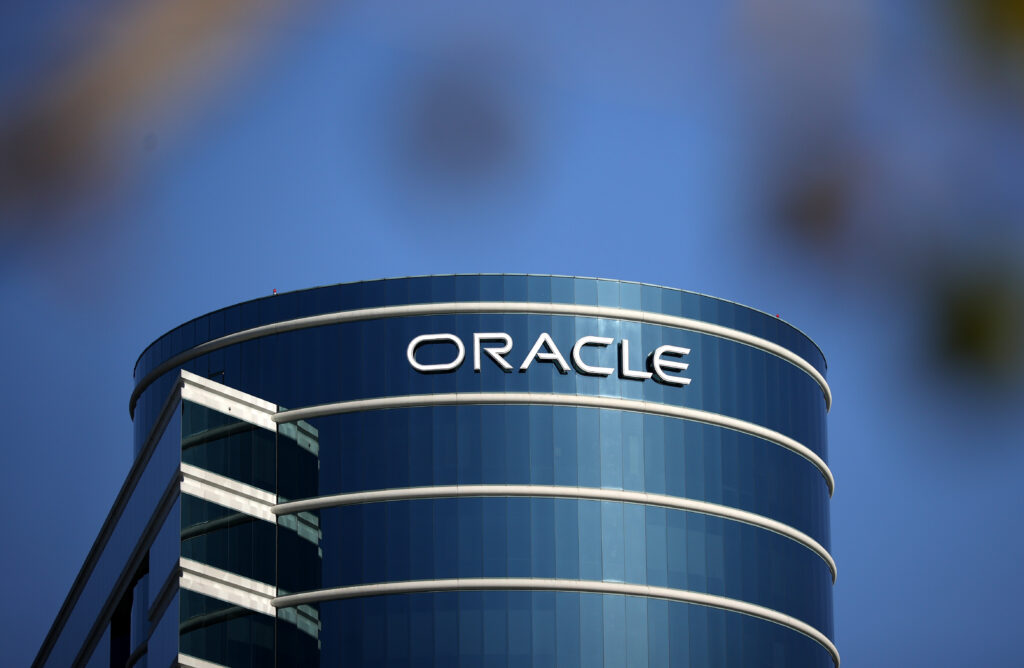Dow, S&P 500 end at records despite AI fears
The Dow and S&P 500 finished at fresh records Thursday while a big drop in Oracle shares dragged the Nasdaq lower and revived worries over pricey artificial intelligence valuations.The records followed a positive day on European bourses and mixed one in Asia and reflected optimism after the Federal Reserve cut interest rates on Wednesday and offered less hawkish commentary than feared.Banks and industrial stocks were among the best performing on the blue-chip Dow index, which ended 1.3 percent higher, while the Nasdaq lost 0.3 percent.”Even as investors were reassured by the Fed’s latest rate cut, familiar concerns about AI are still very much top of mind right now,” said Deutsche Bank managing director Jim Reid.Those concerns were reignited after Oracle reported after markets closed on Wednesday that quarterly revenue had fallen short of lofty expectations and revealed a surge in spending on data centers to boost AI capacity.Shares in the Texas-based company finished down 10.8 percent after dropping even more during the session.Dave Grecsek of Aspiriant Wealth Management said the market’s reaction to Oracle’s results underscored its discomfort with aggressive AI investments.”There’s still a lot of apprehension about how sustainable some of these capital spending plans are, what the return on those investments are, and especially now that they’re financed with debt,” he said.Markets globally suffered a wobble last month with investors worried over the vast sums poured into AI, with some observers warning of an AI bubble that could burst and cause a market rout.The Fed, as expected, cut interest rates on Wednesday. But an unusually heavy number of dissents (three) complicates the outlook for monetary policy.”Investors have shrugged off the Fed’s latest reduction in US borrowing costs as it is becoming harder to guess where rates might go next,” said AJ Bell investment director Russ Mould.Fed policymakers were highly divided about whether to cut rates again in 2026 and if so, how often.But eToro US analyst Bret Kenwell pointed out that Fed Chair Jerome Powell had highlighted the fact that none of the Fed policymakers sees rate hikes in 2026 in their base scenario.”The lack of an outright hawkish tone from the Fed combined with its third consecutive rate cut could pave the way for a potential year-end rally in equities, provided that next week’s macroeconomic data doesn’t derail the recent bullish momentum,” Kenwell said.The latest cut in borrowing costs — to their lowest level in three years — comes as monetary policymakers try to support the US jobs market, which has been showing signs of weakness for much of the year.The dollar weakened while oil prices retreated. Among individual companies, Disney jumped 2.4 percent after announcing a three-year licensing deal with OpenAI that will allow users to create short videos featuring beloved Disney characters through artificial intelligence. – Key figures at around 2130 GMT -New York – Dow: UP 1.3 percent at 48,704.01 (close)New York – S&P 500: UP 0.2 percent at 6,901.00 (close)New York – Nasdaq Composite: DOWN 0.3 percent at 23,593.86 (close)London – FTSE 100: UP 0.5 percent at 9,703.16 (close)Paris – CAC 40: UP 0.8 percent at 8,085.76 (close)Frankfurt – DAX: UP 0.7 percent at 24,294.61 (close)Tokyo – Nikkei 225: DOWN 0.9 percent at 50,148.82 (close)Hong Kong – Hang Seng Index: FLAT at 25,530.51 (close)Shanghai – Composite: DOWN 0.7 percent at 3,873.32 (close)Dollar/yen: DOWN at 155.58 yen from 156.02 yen on WednesdayEuro/dollar: UP at $1.1741 from $1.1695Pound/dollar: UP at $1.3394 from $1.3383Euro/pound: UP at 87.65 pence from 87.39 penceBrent North Sea Crude: DOWN 1.5 percent at $61.28 per barrelWest Texas Intermediate: DOWN 1.5 percent at $57.60 per barrelburs-jmb/bgs
